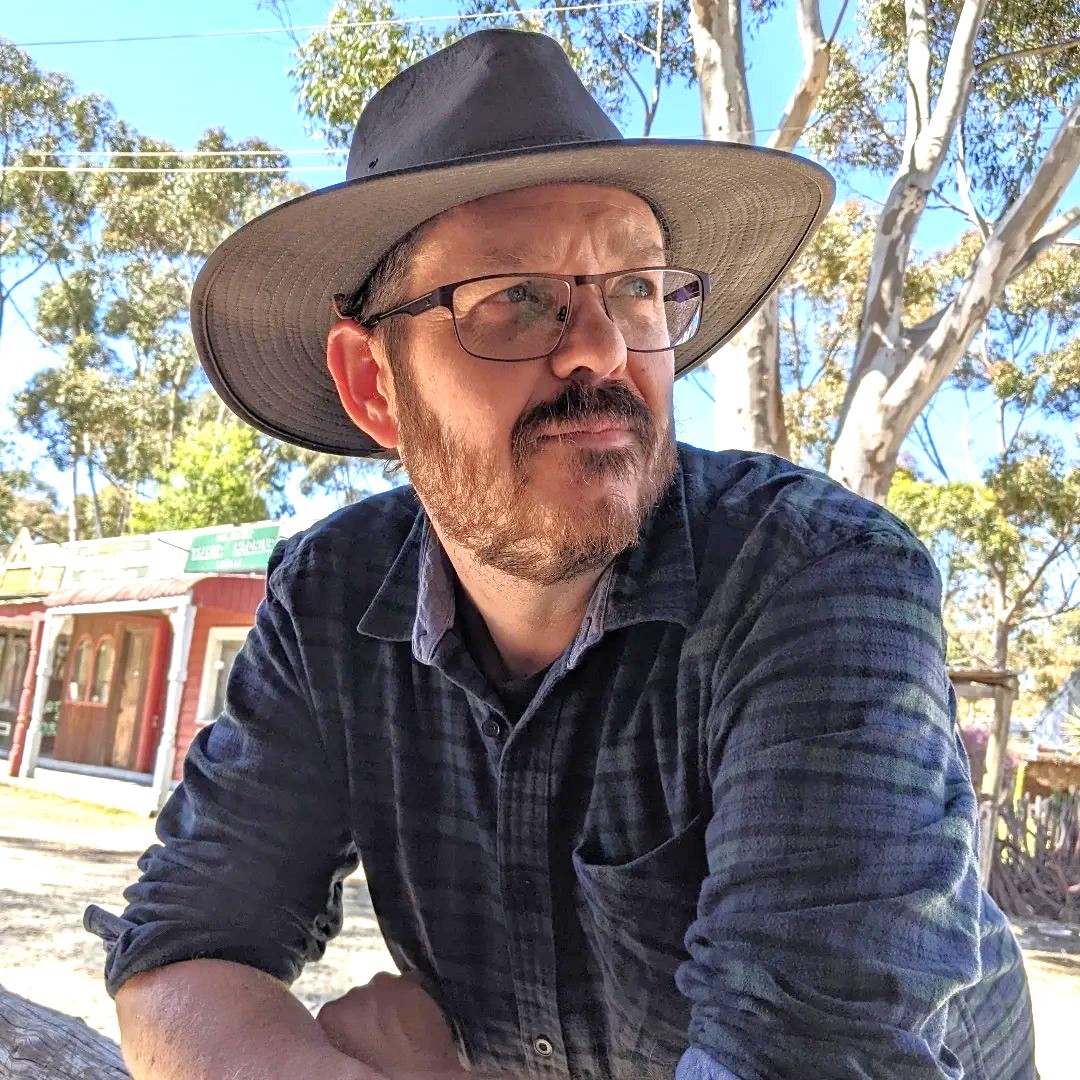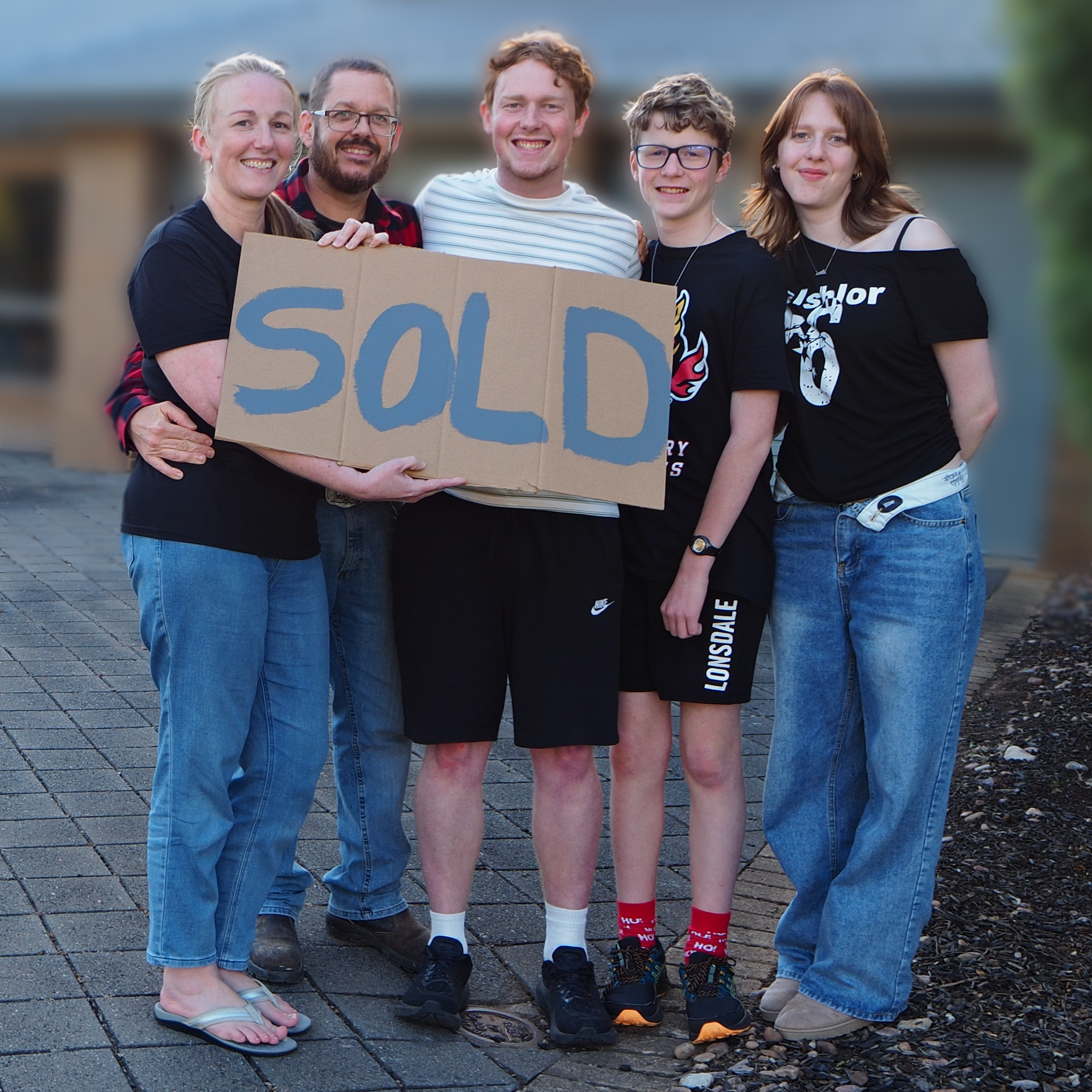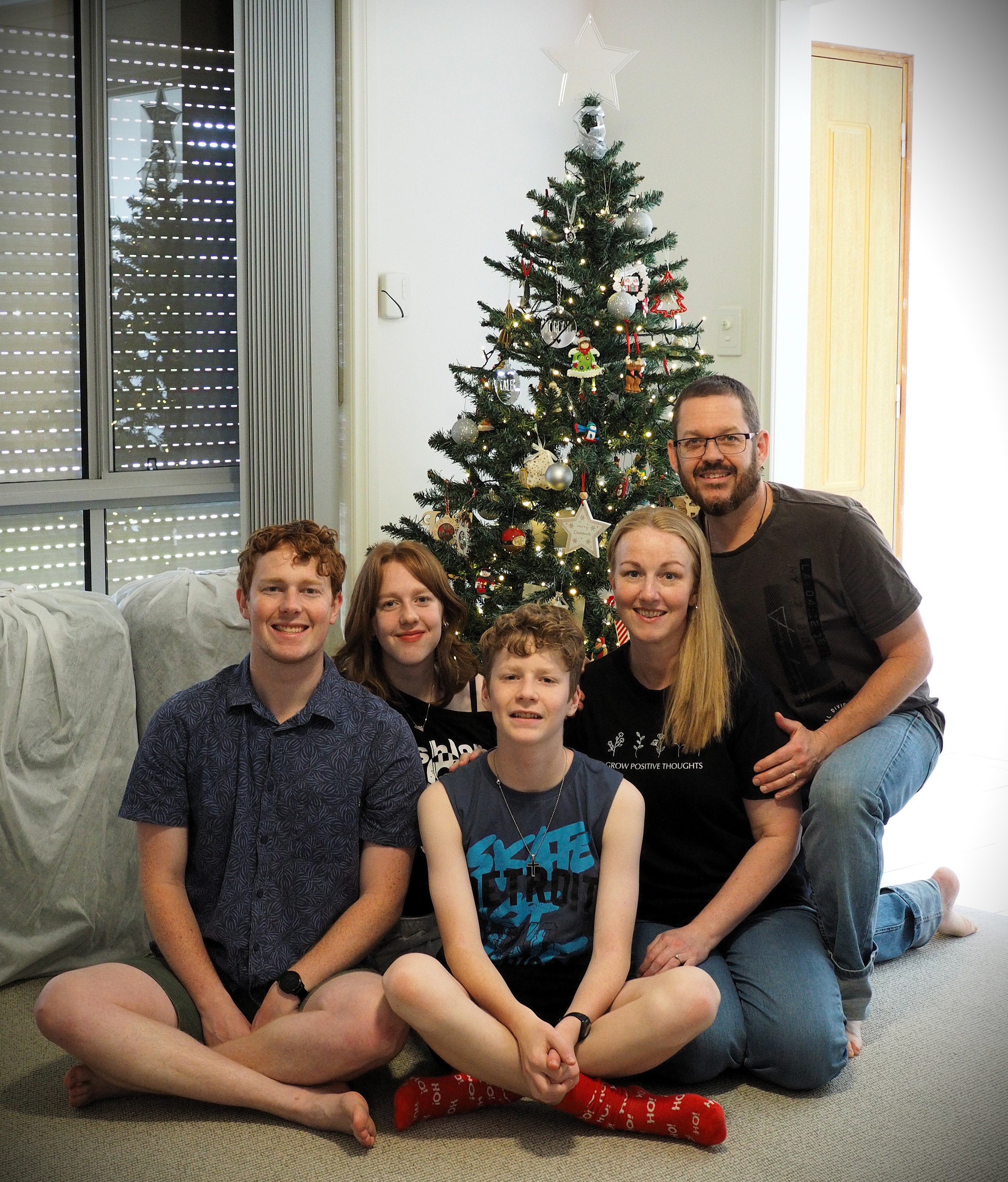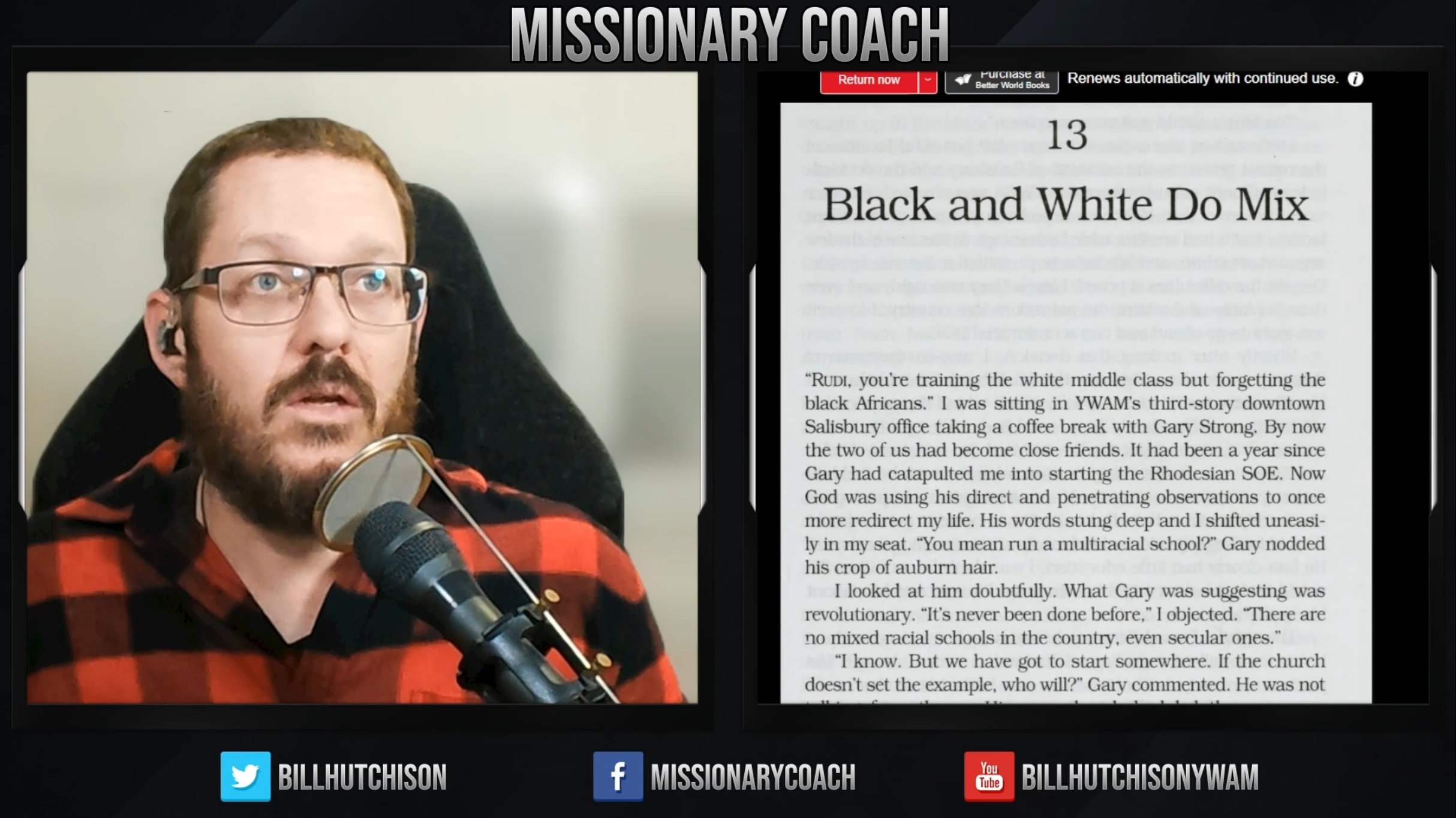I don’t know about you, but retirement is one area I have rarely heard talked about in missionary or YWAM circles. I have not heard or seen a Youth With A Mission pension plan, and as far as I know there is no teaching going around YWAM about the issue.
There are three ways to look at your time in Christian missions, and they will determine how you look at your retirement from missions.
- You are in Missions short term
- Being a “Career” Missionary
- You are a life time missionary
Short Term Missionary
Most people who join missions in Youth With A Mission fall into the first category and do so for a short amount of time. By short amount of time I’m talking about under 10-years. 10-years may seem like a long time, but when the average person joins YWAM in thier late teens or early 20s there is still plenty of time to save and plan for retirement after their time in missions is complete.
Normally we don’t separate the last two, “career” vs “life time” missionary, but when we are talking about retirement then the two need to be separated.
Career Missionary
The career missionary treats their time in missions like any other career when it come to planning for retirement. The retired missionary may receive some pension or other payments from the government’s of their “home” country, but it is hard to rely on that to provide enough income to live from. They will need to be saving money and have their own retirement savings plan (read more here). In the case of missionaries like YWAMers who are responsible for raising their own support and sponsorship they will need to be raising money over and above their every day living expenses to save for retirement.
Most missionaries returning to their “home” country will also not have a house or residence to return to. They will need to look at where they will live and how they will pay for where they live. This could mean when they return purchasing a house, building a house, renting or leasing a house or entering a retirement community. Some missions agencies or churches have communities for retired missionaries or ministers that could be an option, but many including YWAM do not. (There’s an idea for a ministry in YWAM as we are celebrating our 50-year anniversary as a mission and many of our founders and members are aging …)
Life Time Missionary
The “Life Time Missionary” differs from the “career” missionary in that they have no plan to retire, but rather they plan to continue in missions until they die. This is the model that the disciples and apostles followed.
As the lifer approaches retirement they have a few options to consider:
- Remain the the country they have worked in
- Stay in the same role
- Start a new role
- Move to a new country and begin a new role
- Move back to the country they were sent from to start in a new role
Any one of these options requires the missionary to continue with their support raising efforts. All but one of them could also mean more training. Some of the new roles that are often undertaken by missionaries who want to continue in ministry but change roles are:
- Teacher
- Preacher
- Pastor
- Administration
- Promotions / Support Raising
- Mission Building
- Writing
- etc.
The possibilities really are endless for how the missionary chooses to spend their “retirement” years.
The Wasted Retirement Years
Here’s a short video (3:00) by John Piper about what he sees as the “waste” of spending our retirement years just “taking it easy”.
I’m still a good 30+ years away from reaching that retirement age, but the question is there, how will I choose spend my retirement years …




Leave a Reply